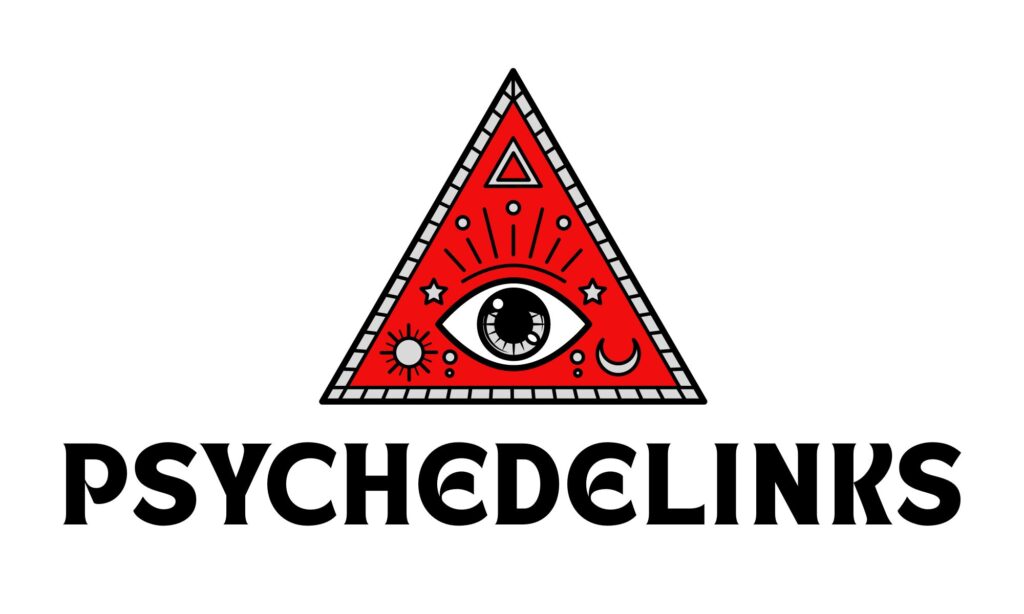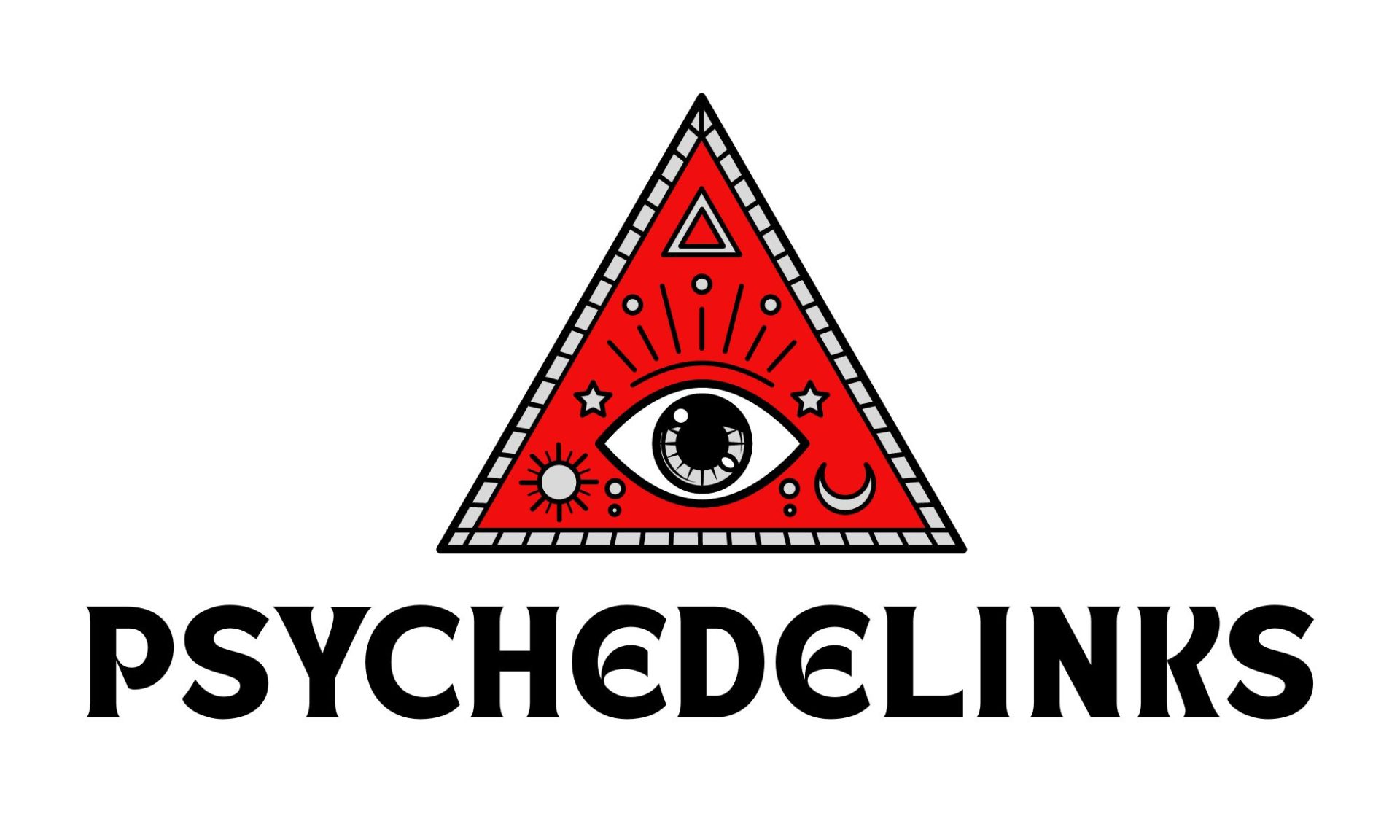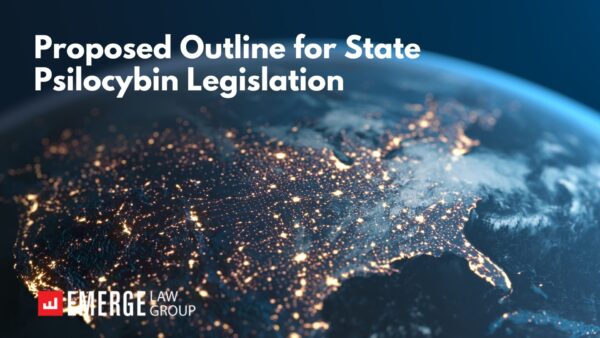PsychedeLinks is a curated selection of top news stories impacting business, research, and culture in the psychedelics ecosystem, crafted by Emerge Law Group’s groundbreaking Psychedelics Group.
Emerge’s Hot Take
Massachusetts’ Question 4: What to know about the proposal to legalize some psychedelics
Massachusetts voters will decide next week whether to legalize five psychedelic substances—psilocybin, psilocin, dimethyltryptamine, ibogaine, and mescaline—for individuals 21 and older. A “yes” vote on the proposed law, Question 4, would lead to the formation of a regulatory commission and advisory board to oversee the industry. These psychedelics and psychedelic services would be available in licensed psychedelic therapy centers, but not for retail sale. Individuals would also be permitted to grow at home.
Proponents argue that psychedelics offer promising mental health treatments, while opponents worry about safety risks, particularly with home-grown use. As recent polling suggests an almost completely even split between those for and against the measure, success of the measure will likely depend on how undecided voters sway.
“As Massachusetts considers this step, I’m hopeful the Commonwealth will strike the right balance between safety and openness to embracing these substances’ potential for healing, growth, and connection,” says Emerge shareholder Sean Clancy. “The path may be challenging, but the progress we’ve seen in Oregon and Colorado shows that it’s worth the effort and Americans are eager for progress.”
Other Noteworthy News
MARIJUANA MOMENT – The DEA is attempting to classify two psychedelic compounds, DOI and DOC, as Schedule I substances, which would severely limit their use in research. However, a DEA administrative judge, Paul Soeffing, denied the agency’s request to block certain witnesses and evidence ahead of a 10-day hearing set for November 12. The judge ruled that it was too early to exclude testimony from experts, including those associated with Students for Sensible Drug Policy (SSDP) and Panacea Plant Sciences (PPS), who oppose the ban. These groups argue that DOI and DOC are valuable for medical research, especially for treating mental health conditions, and that there’s no evidence of significant abuse potential. The ruling is seen as a partial win for research advocates, who are fighting the proposed ban.
Bend’s newest psilocybin center opens
THE BULLETIN – Dan Wellisch and Cody Byrnes recently announced the opening of Bend Inner Alchemy, a psilocybin service center located in Bend, Oregon. Per co-founders Wellisch and Byrnes, the center, one of 43 licensed service centers in the state, focuses on creating a comfortable, non-sterile setting where clients can undergo deep healing experiences. Facilitators guide clients throughout the process, ensuring safety and emotional support. Though the therapy is not covered by insurance, financial aid through grants is available to help underserved communities access treatment.
Scientists uncover fascinating link between psychedelic experiences and heart activity
PSY POST – New findings published in the Journal of Psychopharmacology explores the relationship between mystical experiences induced by the psychedelic DMT and heart activity patterns. In a study of 17 participants who received DMT or a placebo while their heart activity was monitored, researchers found that participants who experienced a rare coactivation of both nervous systems during the peak of their DMT experience reported deeper mystical experiences and showed improved well-being two weeks later. This suggests that physiological responses play a key role in shaping the psychological effects of psychedelics.
The findings highlight the role of the body, particularly the heart, in psychedelic experiences, which have traditionally been focused on the brain. The researchers suggest that techniques like meditation or breathwork, which influence autonomic balance, could enhance the effects of psychedelics or help prepare individuals for these experiences. Despite the study’s small sample size, it opens new paths for understanding how physical and psychological states interact during altered states of consciousness.
MARIJUANA MOMENT – Facilitator training began recently for Colorado’s emerging psilocybin program, and are centered around safety, ethics, and hands-on experience, preparing facilitators to guide clients through supervised therapeutic sessions. Trainees plan to incorporate psilocybin into wellness retreats and therapy. This article offers a first-hand account of one trainee’s experience.
WATCH: Multidisciplinary perspectives on the science and practice of psychedelic therapies
UNIVERSITY OF MARYLAND BALTIMORE – UMB is launching this multi-part interprofessional series aimed at expanding understanding among healthcare professionals about “the evolving landscape of psychedelic medications and the use of psychedelic-assisted therapies (PAT) to treat health conditions. The series, which runs from October 2024 through May 2025, offers a unique opportunity for those across the healthcare professions to stay informed on the latest scientific and clinical advancements in PAT and prepare for the future of this emerging field.”
Subscribe
Subscribe to PsychedeLinks to receive essential biweekly articles on news, business, and culture in the psychedelics industry, delivered straight to your inbox.




